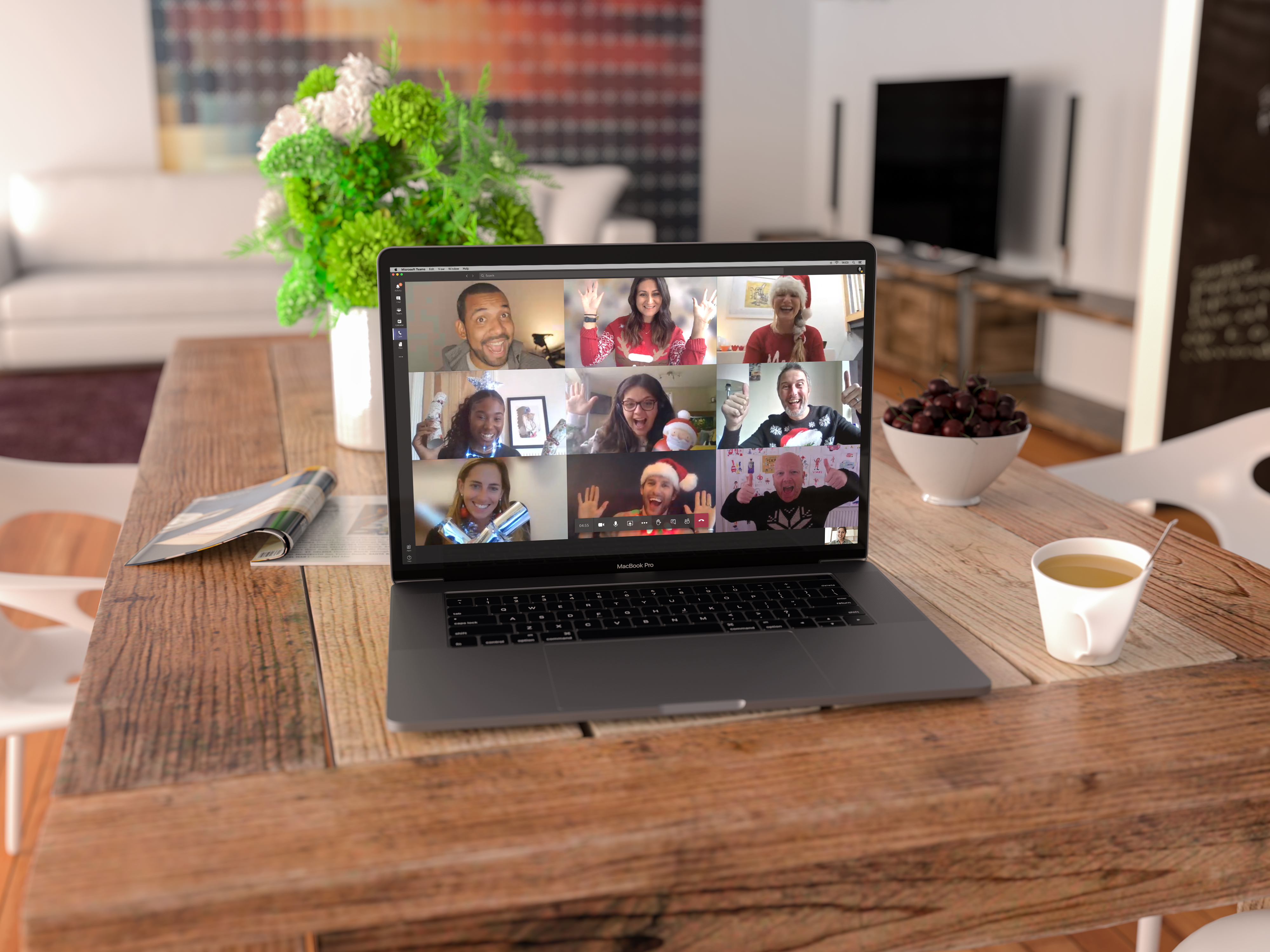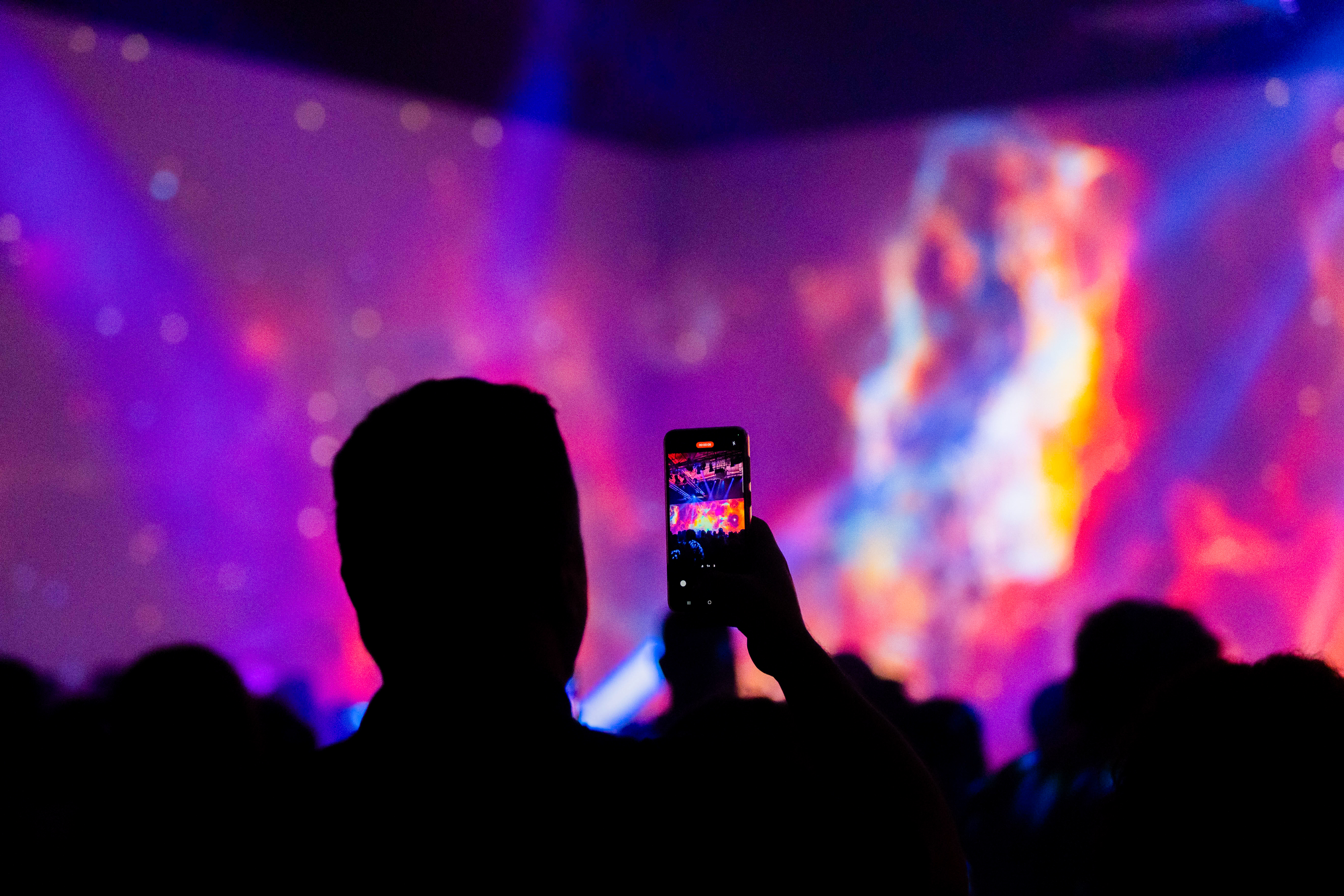Just when you thought we’d already lived through our craziest, most turbulent, generation-defining years – 2020 rocked up on to the scene and said, “Hold my beer”. It’s true, we’ve seen our fair share of spanners in the works in recent years, but the coronavirus crisis has surely topped it all. As I write this, the country is under lockdown with people only able to leave the house to shop for essentials or exercise once a day. These are unprecedented times and everything is being affected, not least our jobs.
Over the weekend, I spent large portions of my time indoors reflecting on the situation through the lens of somebody who works in the video production and communications industry. Here are some industry-related musings that have crossed my mind whilst watching this nigh apocalypse unfold on my television screen.
 Working from home
Working from home
It’s potentially business’s greatest taboo, dividing opinion in offices and board rooms across the world. Its advocates claim it’s the future of working, a trailblazer in flexibility and work-life balance. But its critics decry it as a cynical ploy to duck out of good, honest work and catch up on old episodes of Ice Road Truckers. But whichever camp you fall into, coronavirus has forced a lot of employers’ hands into embracing remote working. Of course, this doesn’t include key roles or field-based jobs, but it does undoubtedly cover a good proportion of the UK workforce.
This got me thinking – as more employers inevitably see the benefits of remote working, and that it’s not the menace to productivity they once thought, could we see a wider embrace of working from home in the future? I’d say it certainly stands a chance. All those who can, clearly have a responsibility to ensure that their time under ‘house arrest’ is as productive as possible.
Embracing innovation is more important than ever
As the crisis began to unfold and supermarket shelves were stripped of toilet roll, dried pasta and tinned tomatoes, something else was happening in the background. Retailers online, and on the high street, were reporting surges in sales of electronic goods – people were preparing to batten down the hatches and go to ground, and they were determined to do it with a 4K TV in the living room and a Nintendo Switch in their hands. But it was the sale of laptops and printers that was most notable, as people and employers scrambled to ensure they could continue working, albeit remotely.
But it’s not just yesterday’s innovations coming to the rescue; more recent technological innovations are finally getting their time to shine. From a video production point of view, this has meant an increased reliance on Cloud-based video editing services. And indeed, publishers such as Adobe and Avid have been quick to dangle the technological carrot by allowing free usage periods of their more premium, Cloud-based facilities. This isn’t just because it’s the right thing to do, but because they’re banking on people using these features and not wanting to go without it once all this has blown over.
Virtual solutions are a way forward
Whether we like it or not, this crisis and the ensuing lockdown has forced everybody to reconsider how they communicate with each other. This is even more prevalent in the business world, as companies are forced to postpone all manner of internal and external comms, from large company-wide gatherings to corporate video shoots. That’s not to say there’s not a way forward though. Virtual solutions are increasingly being used to bring real-world events into the digital age in the form of webcasts and webinars. And perhaps lesser known is the uptick in remote collaboration across video shoots; by utilising video conferencing apps, it’s now possible for a director to work with a cameraman from thousands of miles away. Of course, just because it’s possible doesn’t mean it’ll always be practical - but in terms of video production in the age of social distancing, it’s a potential workaround.
Social Distancing
If there’s one thing that living in this tumultuous time and writing this blog has helped me realise, it’s that everything is virtual now. We’ve got virtual working, virtual meetings, virtual events, virtual video shoots, virtual reality; and now because all the pubs are closed, we’ve got virtual drinks… it’s virtual insanity. Thanks to apps such as Houseparty and Zoom, it’s never been easier to catch up with your friends in almost-person. You can crack open a beer or a bottle of wine and loudly talk over each other in a stubborn attempt to make your weekend evenings feel business as usual. This is fantastic and much needed at a time of such social isolation, however when I was doing this over the weekend, I couldn’t help but feel it’s only part of the bigger experience. No amount of playing Great British Pub Ambience videos in the background could replicate that experience. There’s something about the build-up, the journey and the experience of being at these venues that no amount of virtual streamlining can ever replace. It’s a truth that the events industry needs no convincing of.
 Despite the increasing array of strong, viable alternatives and technical workarounds that have come to the rescue in these trying times, once the storm has passed and the world goes back to whatever ‘normal’ looks like, people can feel assured that we will continue communicating in the way we humans are predisposed to: face to face. The difference may, and should, be that the virtual solutions we have been forced to rely on, will start to be seamlessly integrated into these communications. It is vital that we make the most of this time to develop the technologies we have and plan for a future in which live and virtual work together.
Despite the increasing array of strong, viable alternatives and technical workarounds that have come to the rescue in these trying times, once the storm has passed and the world goes back to whatever ‘normal’ looks like, people can feel assured that we will continue communicating in the way we humans are predisposed to: face to face. The difference may, and should, be that the virtual solutions we have been forced to rely on, will start to be seamlessly integrated into these communications. It is vital that we make the most of this time to develop the technologies we have and plan for a future in which live and virtual work together.











